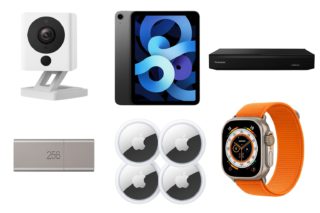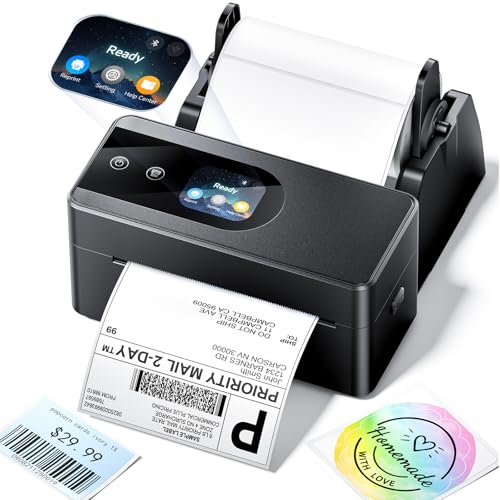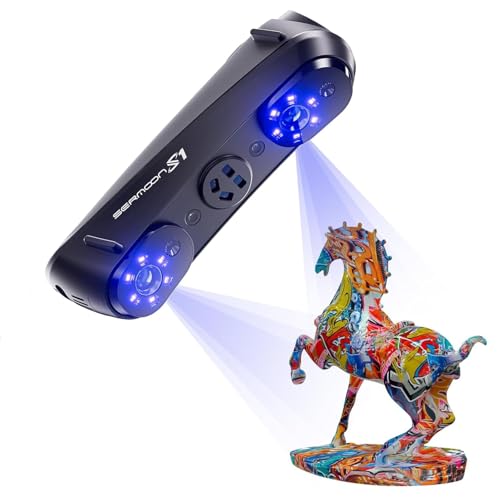Why it matters: Meta’s new Ray-Ban smart glasses are raising serious privacy concerns as college students demonstrate how easily they can be used to dox individuals in real time. This development highlights the urgent need for stronger privacy protections in an increasingly connected world.
Smart glasses become a privacy nightmare: When combined with facial recognition technology and public databases, these innocuous-looking devices become powerful tools for invading personal privacy.
- The Meta smart glasses can stream video directly to Instagram for real-time sharing.
- When paired with AI software, they can identify individuals and retrieve personal information from public databases.
College students expose the dark side of smart glasses: The Verge reports that AnhPhu Nguyen and Caine Ardayfio, two college students, have developed a tool called I-XRAY that demonstrates the potential for misuse. Their software processes the livestream from the glasses and uses AI to recognize faces and retrieve personal information.
- I-XRAY can access names, addresses, phone numbers, and details about relatives.
- This information is obtained without the consent of the individuals being identified.
Privacy in public spaces under threat:
- The glasses resemble typical Ray-Bans, making them less noticeable than previous smart glasses.
- Individuals may be unaware that they’re being filmed and identified in real time.
Meta’s response falls short: While Meta has implemented a privacy light on the glasses that activates during video recording, critics argue that this measure is insufficient. The light can be difficult to notice in bright outdoor settings, leaving many unaware they’re being recorded.
- Meta advises users to respect others’ privacy and indicate when recording.
- However, these guidelines rely on user compliance and do little to prevent misuse.
The ethical dilemma of facial recognition: The use of facial recognition technology in consumer devices raises significant ethical concerns. It challenges traditional notions of privacy and anonymity in public spaces, potentially creating a dystopian scenario where individuals are constantly identifiable without consent.
- This technology blurs the lines between public and private spaces.
- It raises questions about the future of privacy in an increasingly connected world.
Regulatory action needed:
- Current regulations may be insufficient to address these new privacy challenges.
- Policymakers must act quickly to protect individuals’ rights in the face of rapidly advancing technology.
The future of smart glasses hangs in the balance: As Meta and other tech companies continue to develop and market smart glasses, they must grapple with the serious privacy implications of their products.
- Companies must prioritize user privacy in the design and implementation of smart devices.
- Consumers should remain vigilant and demand stronger privacy safeguards from tech companies and regulators alike.




























